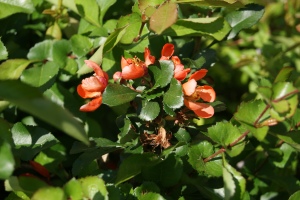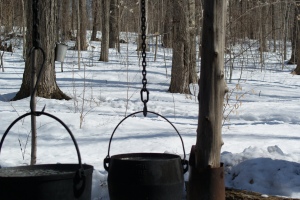
Fun Q words
quack
quaff
qualm
quarto
quaver
queasy
quibble
quaff
quiver
Quonset hut
Some more fun Q words
quaint
quarter
quiet
question
queen
quick
quill
qualify
quality
quantity
Confusing Q words
acquire
aquarium
liquor
quagmire
querulous
quire
quirky
raquet
requiem
unrequited
More Confusing Q words
enquiry, inquiry, query
quarantine
quash
quandary
queue, queuing
quintessence, quintessential
quorum, quorums
quota
quote
quotient
Exercises
- Define each of the words in the “Fun Q Words” and decide whether they are nouns, verbs, or adjectives.
- Use each of the “Confusing Q Words” in a sentence to illustrate its meaning.
Special reading assignment
- The question came up, where was the quartz quarried?
- The quintessential quiet in the quarter acre was accentuated by the murmur of quaking aspens.
Note: This blog post is an excerpt from a book, “English Manual: Letter by Letter,” to be published in the fall of 2014.




